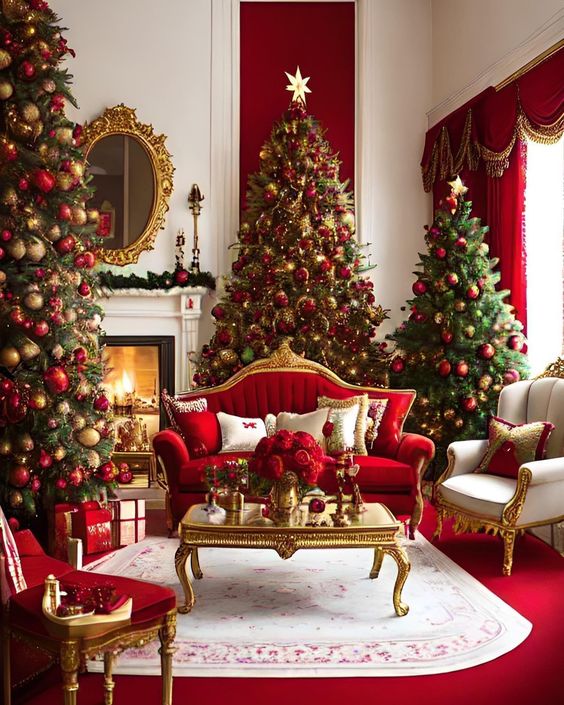Christmas, the widely celebrated festival observed on December 25th every year, is a time of joy, festivities, and the spirit of giving.
While the holiday has deep roots in religious traditions, it has evolved over the centuries to become a global celebration marked by diverse customs and rituals.
This article explores the historical origins, religious significance, and cultural aspects of Christmas, shedding light on why this festive season is embraced by millions around the world.
Historical Roots
Religious Significance
Cultural Traditions
Global Festivities
Historical Roots
The origins of Christmas can be traced back to the Christian tradition, commemorating the birth of Jesus Christ in Bethlehem over two thousand years ago. The Gospels of Matthew and Luke in the Bible narrate the story of the Nativity, describing the virgin birth of Jesus, the visit of the shepherds, and the arrival of the Magi bearing gifts.
The celebration of Christ’s birth likely began in the 4th century, with December 25th chosen as the date to coincide with existing pagan festivals, such as the Roman Saturnalia and the winter solstice, making it easier for people to transition to the new Christian celebration.
Religious Significance
For Christians, Christmas is a time to reflect on the central tenets of their faith—the incarnation of Jesus Christ. The belief that God took on human form to dwell among humanity is a cornerstone of Christian theology. The Nativity story symbolizes hope, redemption, and the promise of salvation.
The exchange of gifts such as fresh flowers, chocolates, wines, scented candles, cakes and cupcakes during Christmas is often seen as a reflection of the gifts presented to the baby Jesus by the Magi.
Religious services, carol singing, and nativity scenes are common ways in which Christians celebrate and remember the birth of Christ.
Cultural Traditions
Over the centuries, Christmas has transcended its religious roots to become a cultural phenomenon celebrated by people of various faiths and backgrounds.
Customs and traditions associated with Christmas vary widely across different regions and communities. From the decoration of Christmas trees to the hanging of stockings, the exchange of Christmas gifts, and the preparation of special meals, each tradition adds a unique flavor to the holiday season.
Santa Claus, a legendary figure inspired by the historical Saint Nicholas, has become a beloved symbol associated with gift-giving and spreading joy during Christmas.
Global Festivities
What makes Christmas a truly global celebration is its ability to bring people together across borders, languages, and cultures. The universal themes of love, kindness, and generosity are emphasized during this time.
Many non-Christian communities also partake in the festivities, appreciating the spirit of goodwill that permeates the season. The exchange of gifts, festive decorations, and the joy of spending time with loved ones are values that resonate with people worldwide.
Christmas is celebrated for a myriad of reasons, ranging from its religious roots to the cultural and social traditions that have developed over centuries. It serves as a time for reflection, gratitude, and spreading joy. Whether it’s the nativity scenes in churches, the festive lights adorning homes, or the exchange of gifts under a Christmas tree, the holiday season brings people together, fostering a sense of unity and goodwill that transcends religious and cultural boundaries.

